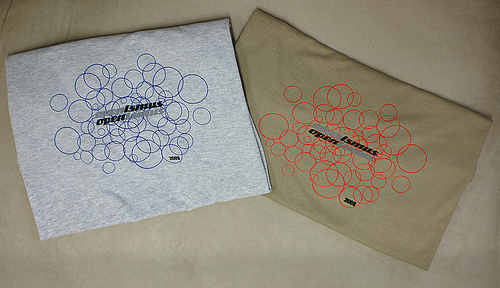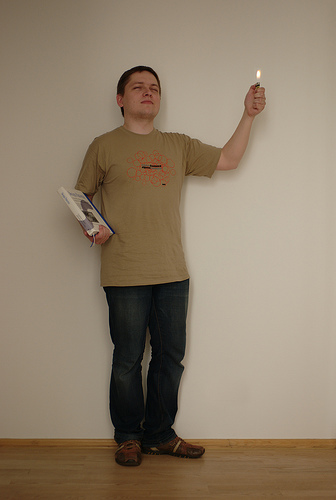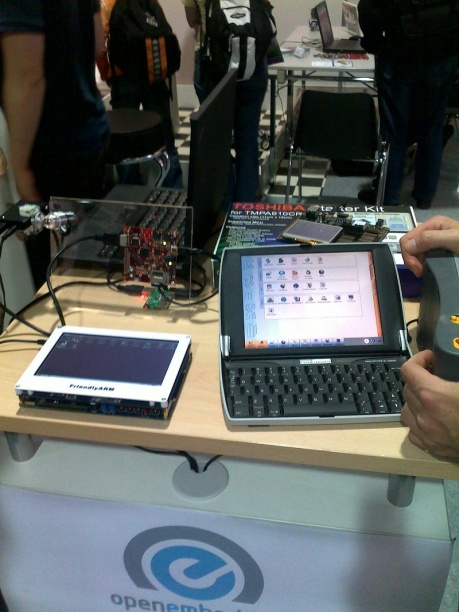
By now, all readers of this blog have heard that Nokia announced that
Qt (instead of GTK+) will be the base of the next development platform for Maemo Harmattan. What does this mean to the non-developer? First: the next generation of Maemo WILL NOT have this change yet. Fremantle is still on track to be more GTK+ based than Qt based. Second: Qt has a long history of attracting developers to make coding life easier across platforms. Qt based apps will be easier to port across tablets, phones, and PCs. While it's not exactly "Code once, run everywhere" it will be much closer than it has ever been before. To the consumer - it means more available apps.
For a more in-depth look,
check out Quim Gil's presentation (slides and audio) as he goes into great detail on the subject.
Also in the news: There are
rampaging rumors that Nokia will be turning to Android for phones.
Nokia officially denied this. I can see why, too. Nokia spent a lot of time and money first creating the Maemo platform, then
buying Trolltech for the Qt experience and finally
buying Symbian to reformulate it as open-source. In each of those platforms, they have a far more mature code base and developer reach.
The problem, however, is that Nokia has some catching up to do. The N810 is in the 21st month and the interface has not changed much since release. While it was exceptional at the time, competitors like Palm, Apple, and Google have cropped up. Each of those competitors have worked hard to make their OS intuitive, fast-responding, and pretty. The demonstrations I've seen of Fremantle and Harmattan are far closer, but those are not in a product yet. The longer we wait for them, the less traction Nokia has on competition.
On a related note: The Nokia N97 is the finest piece of mobile hardware I've used - but the software needs some serious help. Old dogs in Symbian make the phone less intuitive (thus less desirable) to use. Examples:
- The system defines every potential Internet connection as an "access point" and applications ask which one to use. It should be improved to have applications automatically use WiFi when recognized hotspots are available and fail back to the carrier's data network.
- The 32GB of storage is fantastic, but the "phone memory" (of which there is only 74MB) is segmented from the 32GB "Mass Storage" memory. Applications store data in the 74MB "drive" and it fills fast. The phone should instead present itself as one large 32GB volume and save the confusion.
- There just aren't enough applications for S60v5 yet. The "touch" version of Symbian needs more supported applications to be desirable in face of competition.
Nokia is aware of ALL of these. They just need to accept that they have the best hardware and focus more time and money on code.



















 The
The 










 Registration
Registration


 Anyway, got there eventually, late for the opening session, and a little more expensive than expected. I also lost some change down the back of the bucket seat, so he even got a tip.
Anyway, got there eventually, late for the opening session, and a little more expensive than expected. I also lost some change down the back of the bucket seat, so he even got a tip.


